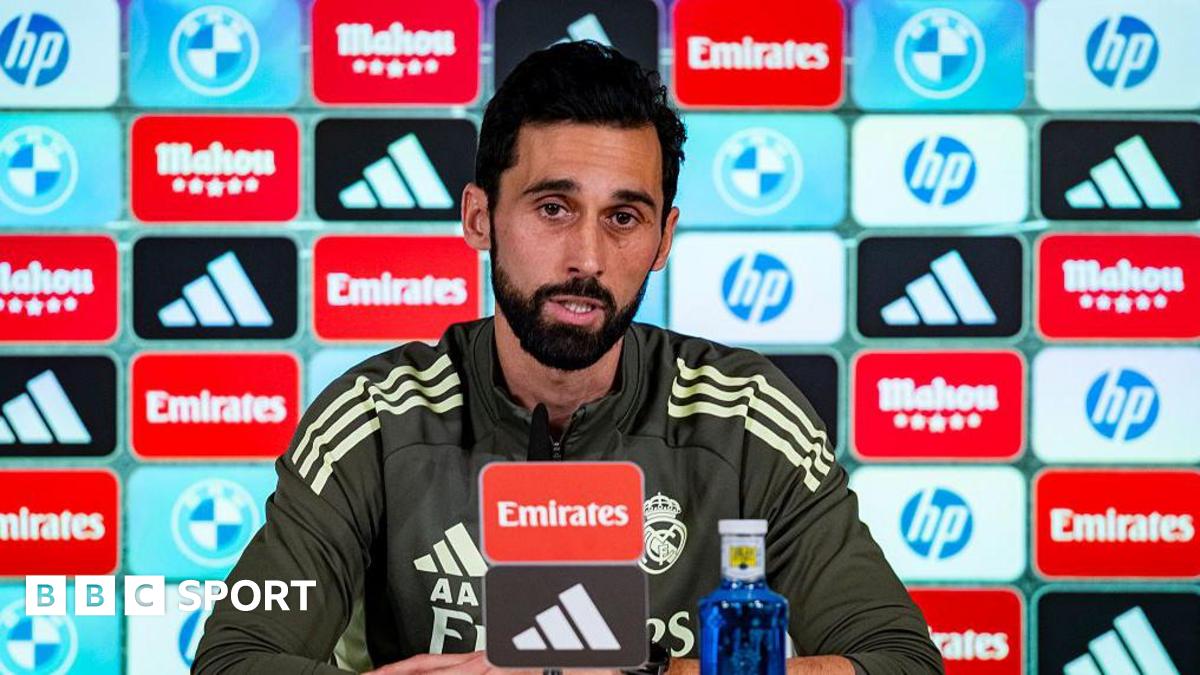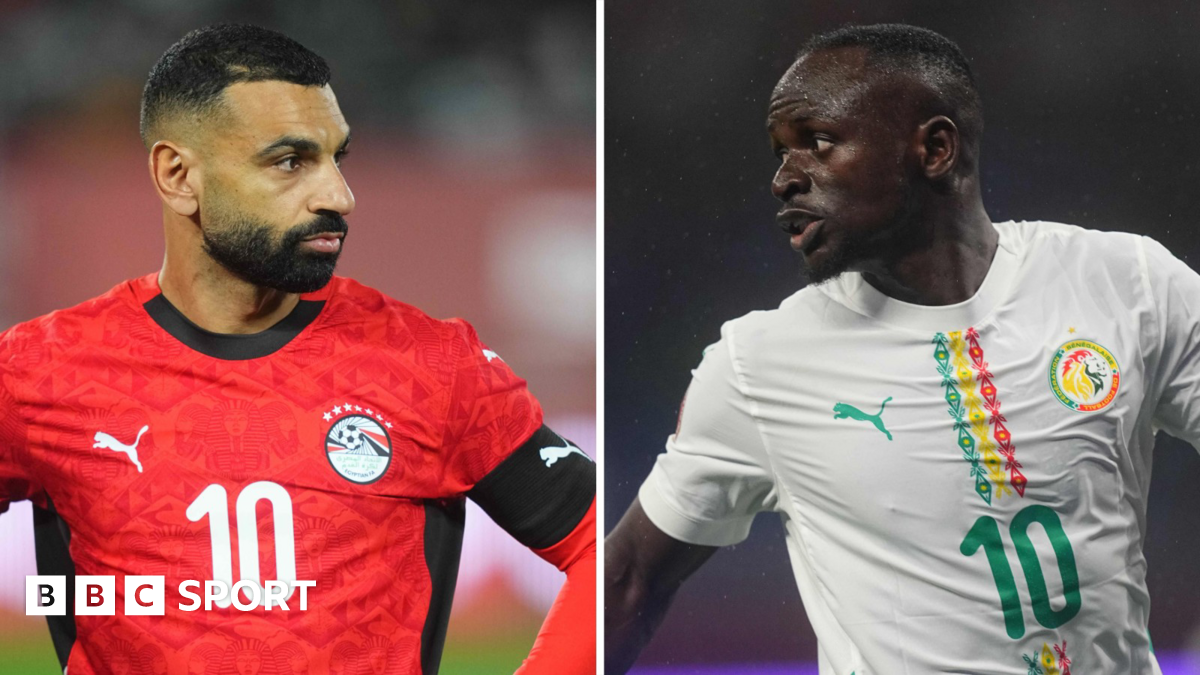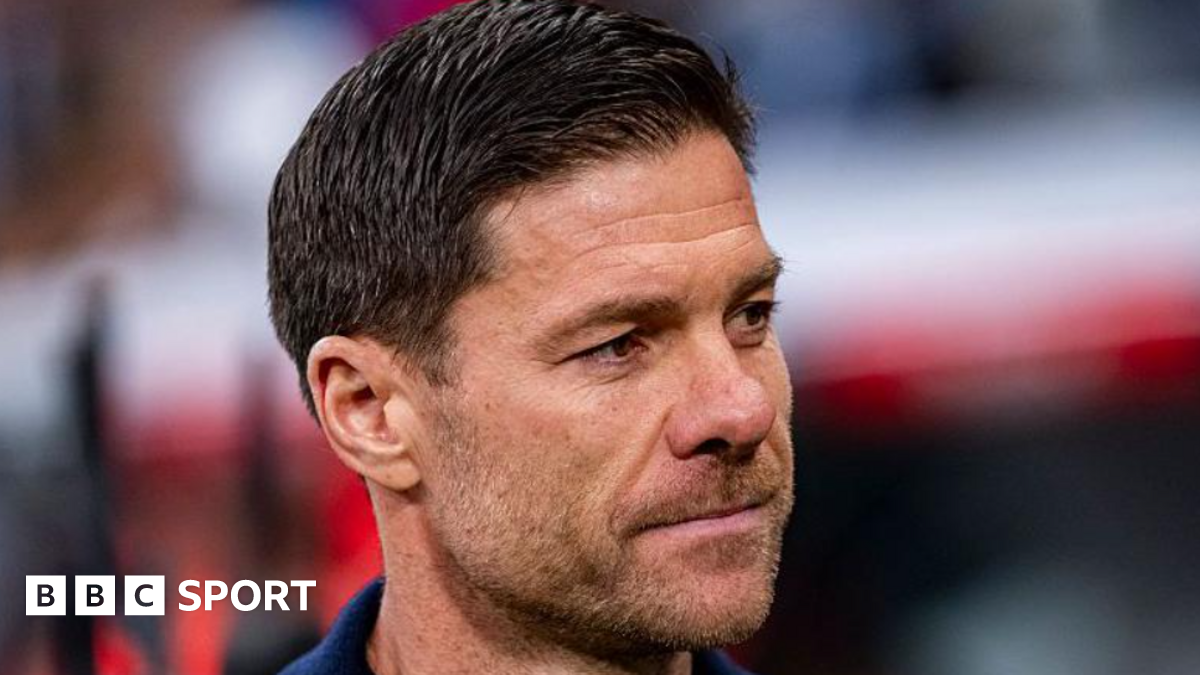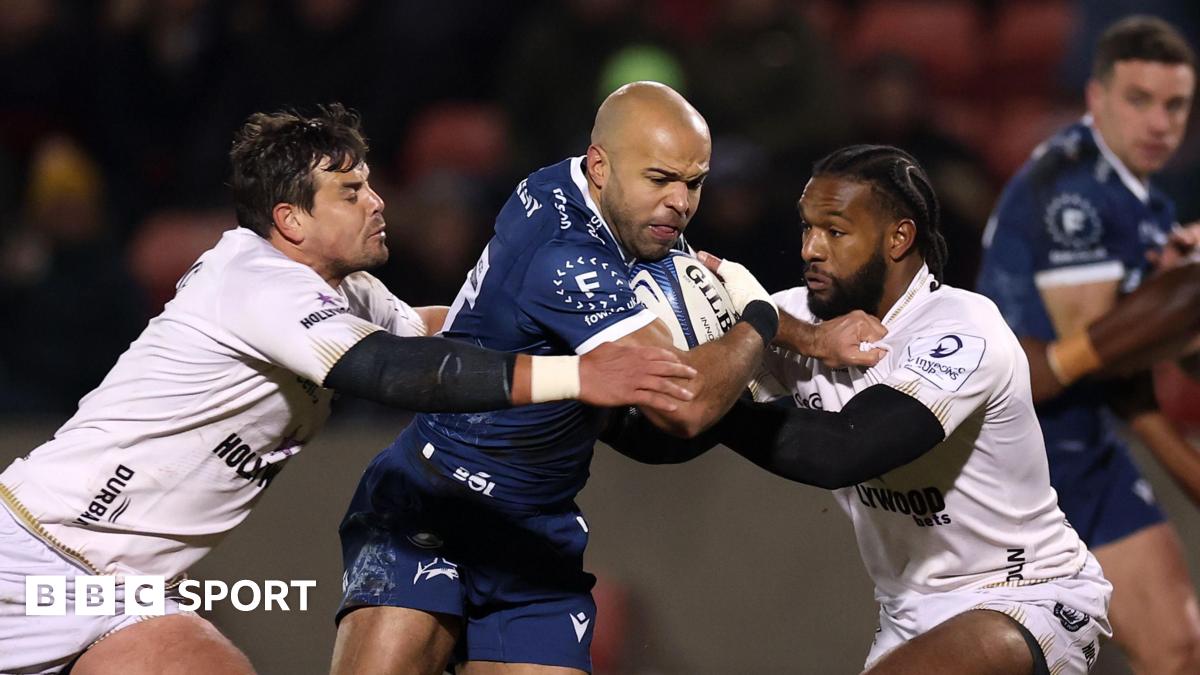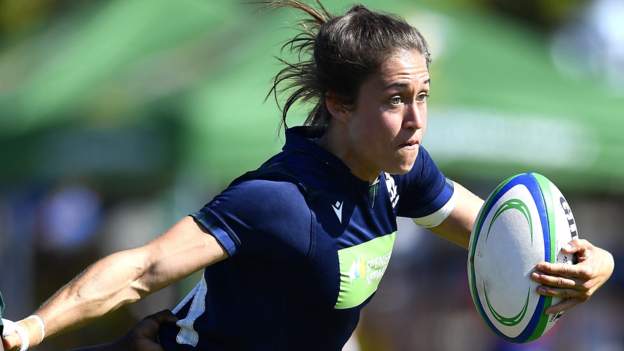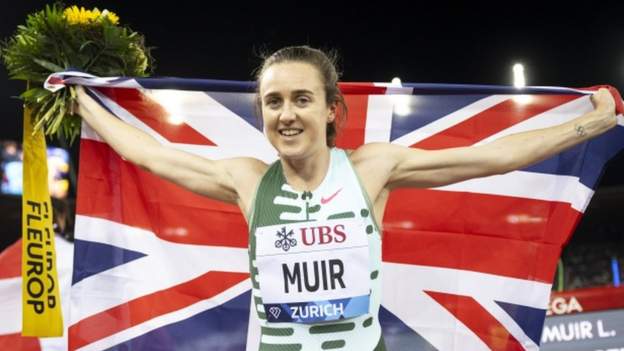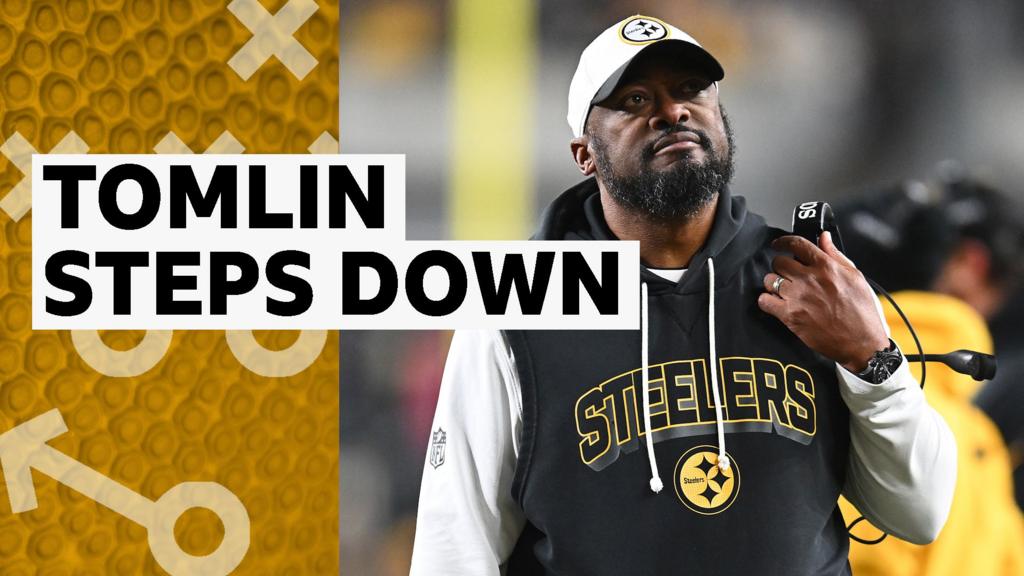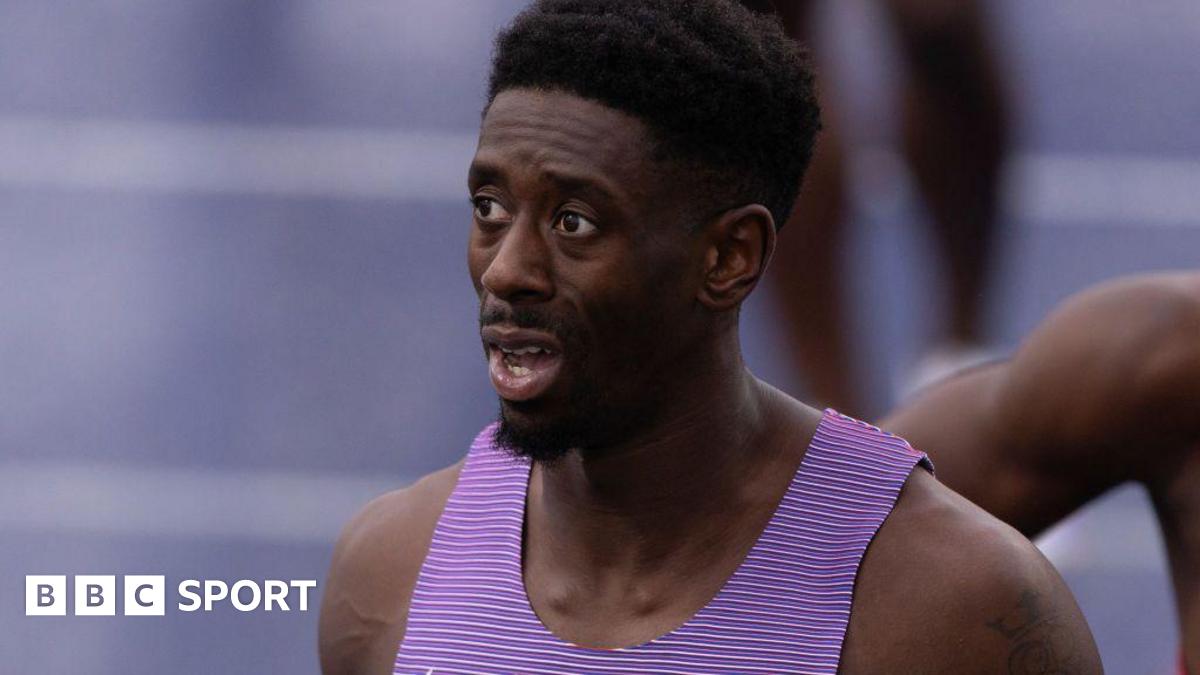At the age of 16, Rhona Lloyd thought about giving up rugby.
She had just been given her first opportunity with Scotland Under-20s and it came with a gym programme to complete in her own time. She joined the team, but ignored the gym work.
No other girls at her school played rugby and, already taunted for being a “man”, Lloyd did not want to give her peers more ammunition by developing big muscles.
Now, the 23-year-old has 28 caps for her country and the sport has taken her around the world from Paris to Hong Kong. She is pretty proud of her guns too.
“They sent me a gym programme with press-ups and sit-ups – such basic stuff,” Lloyd recalls.
“I remember thinking I couldn’t do it because I would look more like a man. It’s ridiculous because I was acting like after 10 press-ups I was going to wake up the next day looking like Popeye.
“I felt like if I had muscles I wasn’t attractive or I wasn’t feminine. I had this massive block where I didn’t want to look more like a man.
“I didn’t want to give people more reason to call me that. I didn’t have any role models that were muscly, athletic females.”
Lloyd posted a picture of her frame at 15 compared to now with the caption: “15-year-old me on the left didn’t wanna do weights because she was scared of “looking like a man”. Don’t be like her.“
‘Now being strong is cool’
Two years later, Lloyd went to Edinburgh University and joined the rugby team. Suddenly, she did have role models.
The wing, who now plays for Loughborough Lightning in the Premier 15s, says “everybody was lifting weights” and it quickly became something she loved too.
“I was just in this new environment and all of a sudden it was cool to be different,” she explains.
“That was celebrated. I came to this realisation that if I wanted to play for Scotland I wasn’t going to look like everybody else because I was trying to do something that other people weren’t.
“I play a physical sport. You need to have some muscle behind you so it’s getting over that mental block and embracing that.
“Now being strong is really cool. I want to be that role model that I didn’t have.”
‘Society’s expectations can hold you back’
Lloyd says it was “not safe” to be playing at the size she was when she won her first cap against England aged 19 but adds that now at Loughborough players look “so strong” from the moment they arrive.
Although things are changing, Lloyd is not alone in her experience. In last month’s BBC Elite British Sportswomen’s Survey, 78% of respondents said they were conscious of their body image.
When Ireland used players to launch their men’s kit but models to launch the women’s jersey last month, Lloyd spoke out alongside friend and fellow player Florence Williams.
The subsequent #IAmEnough campaign went viral, prompting women from various sports to speak out about their experiences of having a body image that does not fit with society’s expectations of women.
Canterbury, the makers of the Irish jerseys, have now pledged to photograph both male and female players in all future campaigns.
Lloyd says she was contacted by athletes in a variety of sports, from rock climbing to rowing, and hopes the continued conversation around body image will make her experience less common in the future.
“It definitely can hold you back,” she says. “In sport when you’re on the field, how society thinks you look or how attractive you are in society counts for absolutely nothing.
“To see so many female rugby players sharing their experiences of sexism in sport or body image or why the campaign mattered to them…. I’ve never seen that unity from the rugby community.”
World Cup qualification ‘a huge ask’
With one year to go until the World Cup in New Zealand, social media campaigns are not the only thing occupying Lloyd’s mind.
Scotland failed to qualify in 2017 and are yet to seal their place at next year’s tournament. It is a tough task, with one team going through from qualifiers taking place in December against Italy, Spain and Ireland.
Later this month, Scotland will reconvene for the first time since the coronavirus lockdown prematurely ended their Six Nations campaign in March.
“My first season with Scotland was when we played two games against Spain and we didn’t qualify,” Lloyd recalls.
“I wrote in my diary, ‘this can’t happen again’. Four years ago we were a brand new team but it’s hardly changed in that time.
“We’ve all been working so hard over the past four years with that goal in mind. It’s a huge ask but I know that we can. It’s just going to come down to whoever best prepares and performs on the day.”



